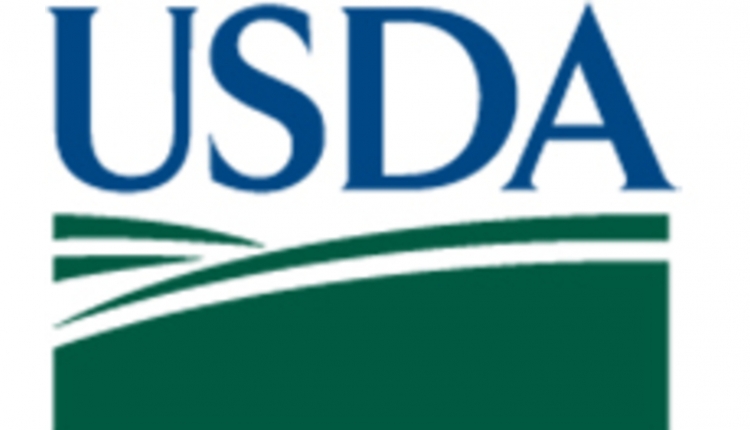The information below has been supplied by dairy marketers and other industry organizations. It has not been edited, verified or endorsed by Hoard’s Dairyman.

In our monthly Center Focus Column, Jayne Sebright reflects on something she learned at the US Dairy Export Council's annual meeting: the value of resetting relationships and shifting conversations from placing blame to finding solutions. Resetting any relationship – whether it’s between two people, two businesses, or two countries — can be like hitting the reset button on a piece of technology. Often, after you do that, the machine slowly reboots, and everything begins to work smoothly again.
Early this month I had the opportunity to attend the US Dairy Export Council’s annual meeting in December. USDEC is a non-profit membership organization funded in part through Dairy Checkoff to represent US dairy trade interests across the globe. They have membership from cooperatives, processors, and exporters across the dairy supply chain. State associations and other organizations like the Center for Dairy Excellence can be associate members to stay informed about US dairy sales globally. I enjoy attending USDEC meetings because I walk away with a much more informed perspective on the world economy and how complex the entire landscape around global markets and trade is.
This year was particularly interesting, though, because it took place less than a week after President Trump announced reciprocal tariffs on goods, including some dairy products, from many countries across the world. As the meeting was happening, other countries were having real-time conversations about how they were going to respond to the US tariffs. Each country was determining how best to move forward in their relationship with the US – whether they were going to simply retaliate by increasing their own tariffs on US product or if they were going to negotiate to find a better solution for both countries.
One interesting point someone made during the meeting is that total ag exports have been holding steady in the past few years, while imports of ag goods coming into the country have been growing. As a result, the US has been in an agricultural trade deficit in four of the last six years, with 2019 marking the first deficit since at least 1967. In 2024, that deficit grew to $37 billion, the highest on record. In 2025, some projections have that deficit reaching $49 billion. While you can debate what the best approach would be to grow global markets for agricultural goods, you cannot debate how important it is to shift the trend back to having a trade surplus to support our entire US ag economy.
What I appreciated most at the USDEC meeting was the way they brought different and debating perspectives and viewpoints to the discussion on the current trade situation and how it is playing out. While concerns were expressed about the impact the tariffs could have on US market access, businesses, and the broader economy, everyone in the room seemed to agree that this is an opportunity to reset relationships with our trade partners across the globe. The debate is how best to reset those relationships.
Obviously, the global marketplace is very complex, and I can’t begin to offer any perspective on the best way to reset those relationships. However, I do think resetting any relationship – whether it’s between two people, two businesses, or two countries — can be like hitting the reset button on a piece of technology. Have you ever had your phone or another piece of equipment fail to work and the troubleshooting guide says to do a hard reset? Often, after you do that, the machine slowly reboots, and everything begins to work again.
Click here to read the full column and tips on resetting relationships in your life.



